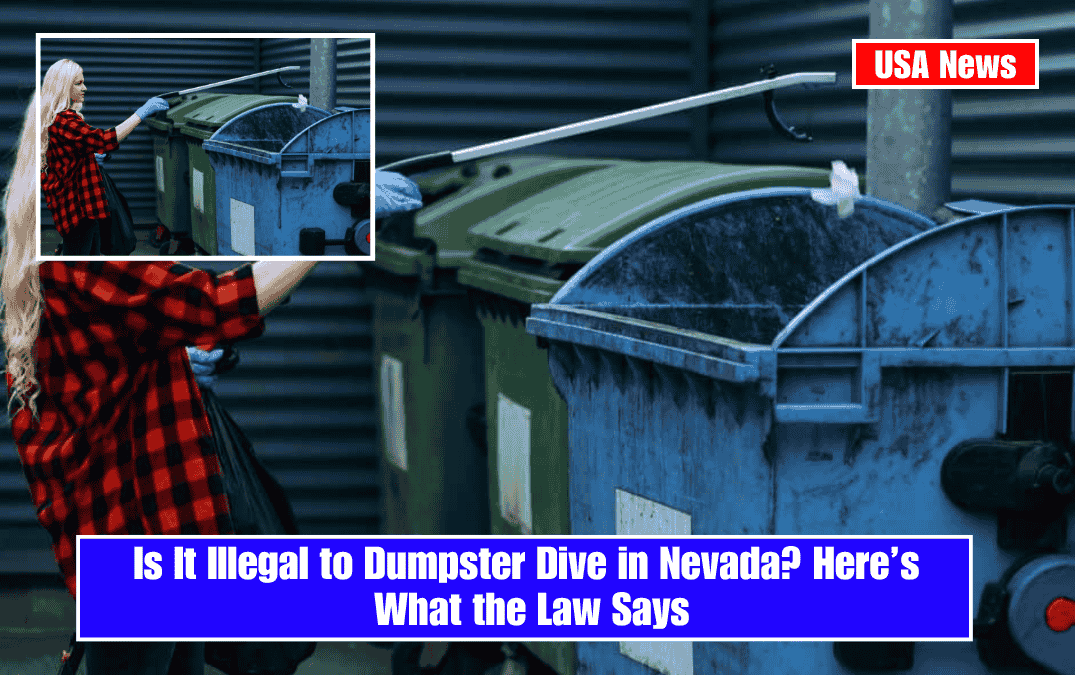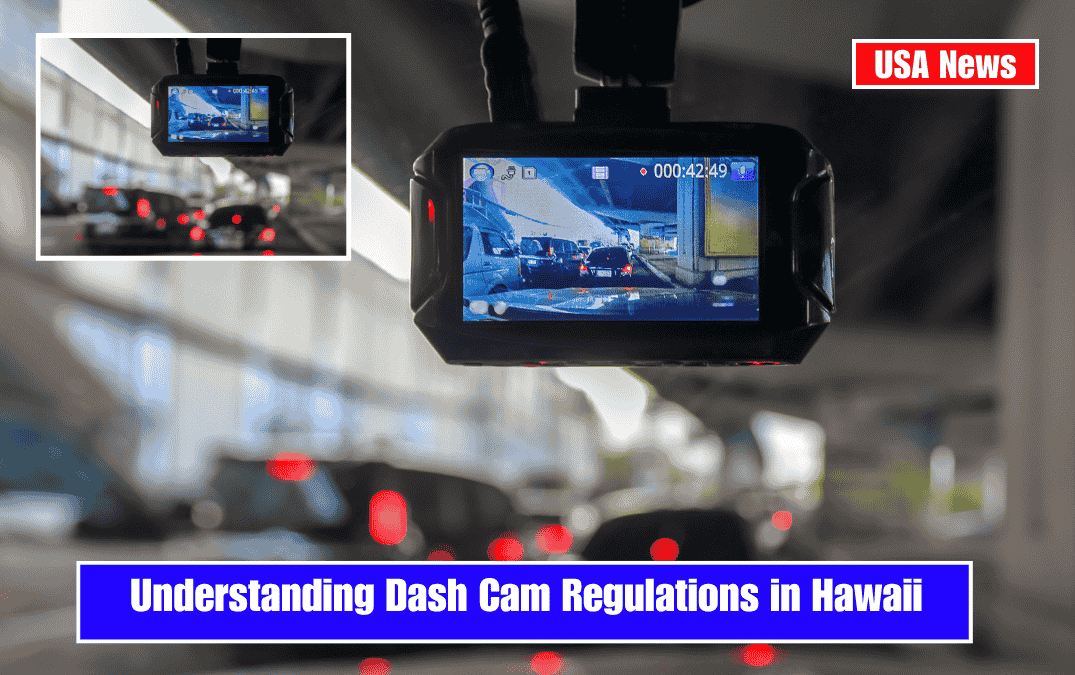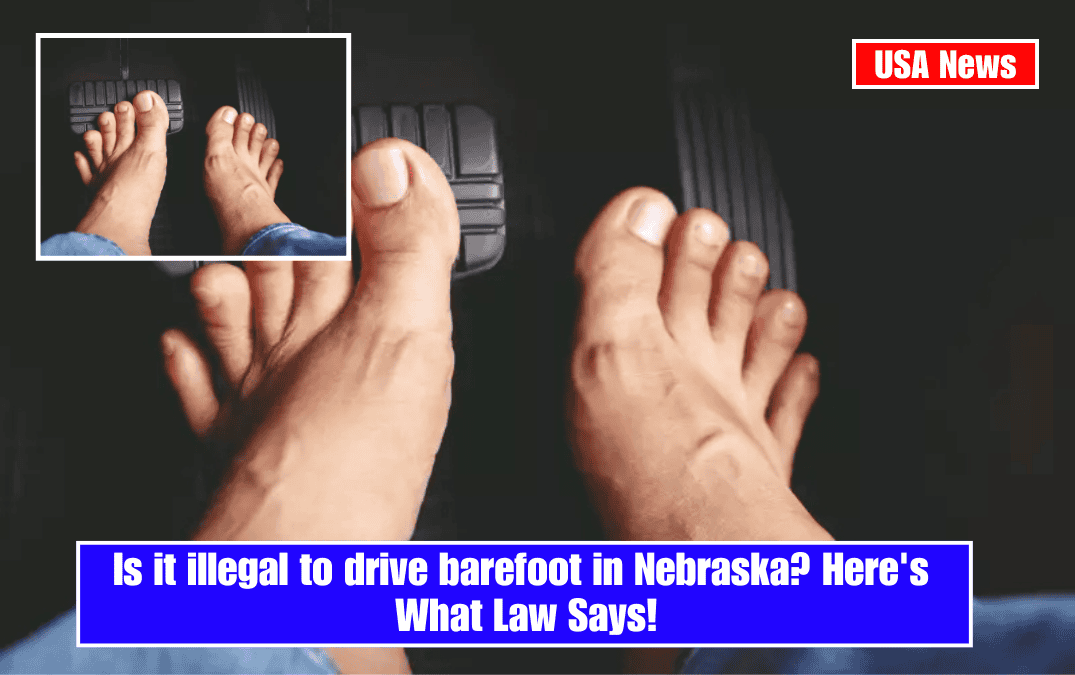Dumpster diving—the act of searching through trash bins for discarded items or food—occupies a legally complex space in Nevada. While the practice is not outright banned statewide, local ordinances and property laws play a critical role in determining its legality.
Statewide Laws: No Blanket Ban, But Local Rules Apply
There is no statewide Nevada law that explicitly prohibits dumpster diving. The U.S. Supreme Court case California v. Greenwood (1988) established that trash left for collection is considered abandoned and does not carry a reasonable expectation of privacy, making it generally legal to search through garbage on public property.
However, this does not override state or local regulations, nor does it grant permission to enter private property.
Local Ordinances: Las Vegas and Clark County
In Nevada’s most populous areas, local laws are strict:
- Las Vegas: Dumpster diving is illegal under Las Vegas Municipal Code 9.08.080. Only the owner, the city, or authorized agents may interfere with or remove items from trash containers. Violations are prosecuted as misdemeanors, with penalties of up to $1,000 in fines and/or six months in jail.
- Clark County: County code also makes dumpster diving a misdemeanor, regardless of whether the trash is on public or private property. Penalties escalate with repeat offenses: a first offense carries a minimum $200 fine, a second offense $500, and a third offense includes a minimum of 10 days in jail and a $1,000 fine5.
- Reno: The city of Reno prohibits dumpster diving on private property without consent, with violations treated as misdemeanors and subject to fines up to $1,000 and six months in jail.
Private vs. Public Property
A crucial distinction in Nevada law is the difference between public and private property:
- Private Property: Dumpster diving on private property without the owner’s consent is considered trespassing, even if the dumpster is near a public street or sidewalk. Entering fenced, locked, or clearly marked “No Trespassing” areas can result in arrest or citation.
- Public Property: Dumpster diving may be permitted in public areas, such as along city streets or in parks, unless local ordinances specifically prohibit it. However, always check for posted regulations, as some public locations restrict or ban the practice.
Related Offenses and Risks
Even where dumpster diving itself is not illegal, related activities can still lead to legal trouble:
- Trespassing: Entering private property without permission is a misdemeanor.
- Disorderly Conduct and Littering: Making a mess or causing disturbances while dumpster diving can result in additional charges.
- Identity Theft: Law enforcement is particularly concerned about individuals who rummage through trash for personal information, which can be used for fraud or identity theft.
Best Practices and Precautions
If you are considering dumpster diving in Nevada:
- Always seek permission before entering private property.
- Avoid dumpsters in fenced, locked, or posted areas.
- Respect “No Trespassing” signs and leave the area clean.
- Be aware of local ordinances, as penalties can be severe in cities like Las Vegas and Reno.
While dumpster diving is not banned statewide in Nevada, it is illegal in major cities such as Las Vegas and Reno, and can also lead to trespassing charges if conducted on private property without consent. Always check local regulations and property boundaries before engaging in dumpster diving to avoid legal consequences.
SOURCES:-
[1] https://www.shouselaw.com/nv/blog/laws/
[2] https://www.shouselaw.com/nv/blog/laws/is-dumpster-diving-illegal-in-las-vegas/
[3] https://courtroomproven.com/blog/is-it-legal-to-dumpster-dive-in-las-vegas/
[4] https://scrapsafari.com/dumpster-diving-in-nevada/
[5] https://www.youtube.com/watch?v=lNPprtvBmAc









